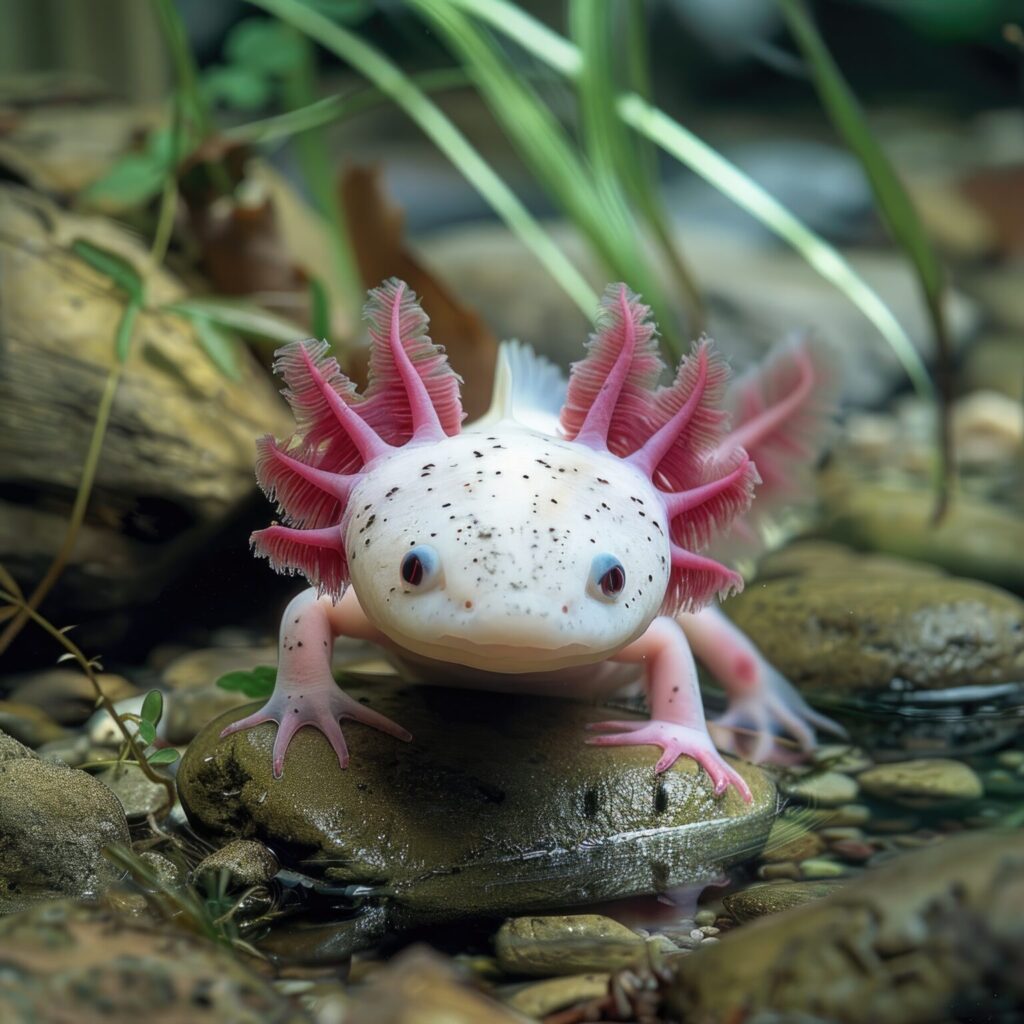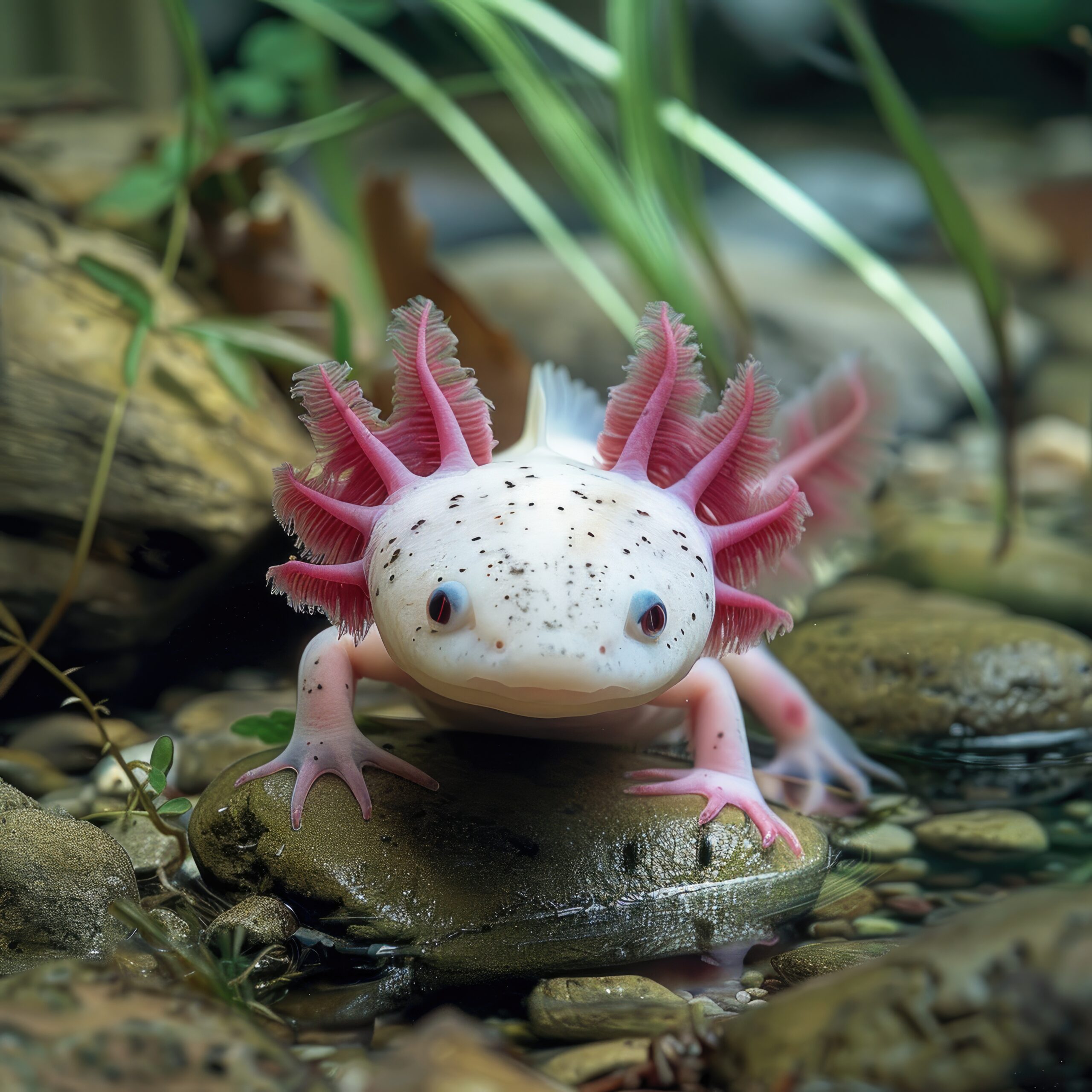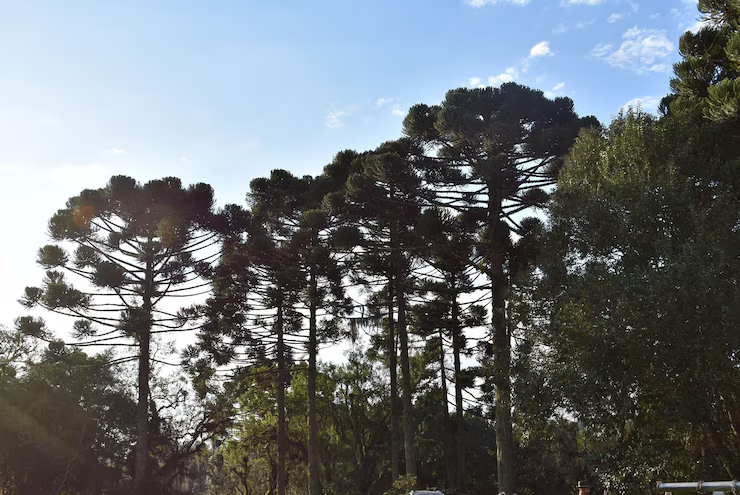
Uber Planet has become an app at the forefront of change in pursuit of the urgent need for environmental care and species protection in Mexico. Its executives enthusiastically announced that the company would contribute significant donations to an important conservation campaign. The program receiving support is led by an expert team from UNAM, which is now focusing its efforts on the axolotl. In this way, this highly threatened species—so beloved by Mexicans—would have a chance to survive.
At some point, surely, when requesting a car through the well-known Uber app, you have come across, perhaps by chance, the option or link that says Uber Planet. This alternative for requesting a ride, as indicated on the platform, carries an additional cost that many users prefer to avoid. But what people almost certainly ignore is that, in the hands of responsible companies, that extra fare for a simple trip is used in a very positive way for the planet, in environmental terms. For example, as a donation to preserve a species that is threatened or endangered.
AdoptAxolotl was born thanks to the initiative of the Scientific Laboratory for Ecological Restoration, a group of passionate young people, leaders in the field of biology, who are focused on the titanic task of saving species. It is a remarkable, indispensable, and urgent endeavor in a world that turns its back on the grave harm inflicted on the environment. A task that today, indeed, requires large sums of money—the very funds that make possible in-depth study of each strategy, followed by the design and implementation of on-site rescue plans. It is a mission that the Biology Department at the National University of Mexico, where they are seeking to save axolotls, knows how to carry out.
The Place Where the Miracle for Axolotls Happens
That is why today we visit this facility at the prestigious university to learn more and see firsthand how they work on a reality no one wants to face: the extinction of emblematic species such as the Xochimilco axolotl. A species as astonishing as it is tender and charming, which lives only in the wild in the waters of the Basin of Mexico.
Diana Laura Vázquez Mendoza opens the doors of the Conservation Laboratory with a smile. As a biologist and the team’s coordinator, her work is arduous, complex, and filled with challenges that she faces with fierceness and determination. To one side, we see the reason for so much effort: in enormous glass tanks, pink marvels swim unconcernedly, as if straight out of an utterly enchanting science fiction film—the axolotls. “There are few left, very few, in the basin. Our water system is increasingly contaminated, monitoring is scarce or nonexistent, and this amphibian cannot withstand these blows, compounded by rising temperatures that reach extreme levels during the summer—all a result of climate change,” the scientist explains.
Donation Is the Key
“AdoptAxolotl is a campaign launched from Mexico to the world, seeking to raise funds across five continents. To go as far as possible. Its two main goals are these: the first is to seek a concrete commitment from citizens, so they can step up as protagonists and move beyond that all-too-common stance of ‘I wish I could do something, but I don’t know how to help.’ Here every peso counts and makes change possible. The second goal is related to environmental education—ensuring that everyone can understand the importance of the work we are doing to protect our biodiversity. It is a collective effort, where we are all part of the change, and each contributes what they have or know,” says Vázquez Mendoza.
Donations are the lifeblood, the essential flow that, in practice, translates into various forms of concrete support for the welfare of axolotl communities. This support ranges from sustaining their food supply to strengthening their colonies and habitat. It is a task that requires great dedication and care, such as the integral maintenance of the chinampa-refuges (agricultural systems of floating islands with vegetation) located in the lakes and wetlands of Xochimilco, the natural habitat of this unique species.
“The adoption program we are carrying out seeks to channel donation funds toward the effective restoration of the species’ habitat. This task also involves the preservation of all local wildlife and the strengthening of traditional agricultural practices that promote conservation and are highly beneficial,” explained UNAM ecologist and researcher Luis Zambrano.
The expert also added: “Xochimilco is now an area in clear environmental decline, heavily fractured and damaged—something regrettable given that, at another point in history, it was a glorious source, fostering the development of superabundant biodiversity. That is why we believe action is urgent. It must be restored for the good of the entire region, the country, and of course, for an emblematic species—so beautiful and unique—native to this place and now collapsing. The axolotls are that species no one wants to see extinct; they are a natural wonder that can still be saved, and that is why today we are focused on giving our very best fight.”






